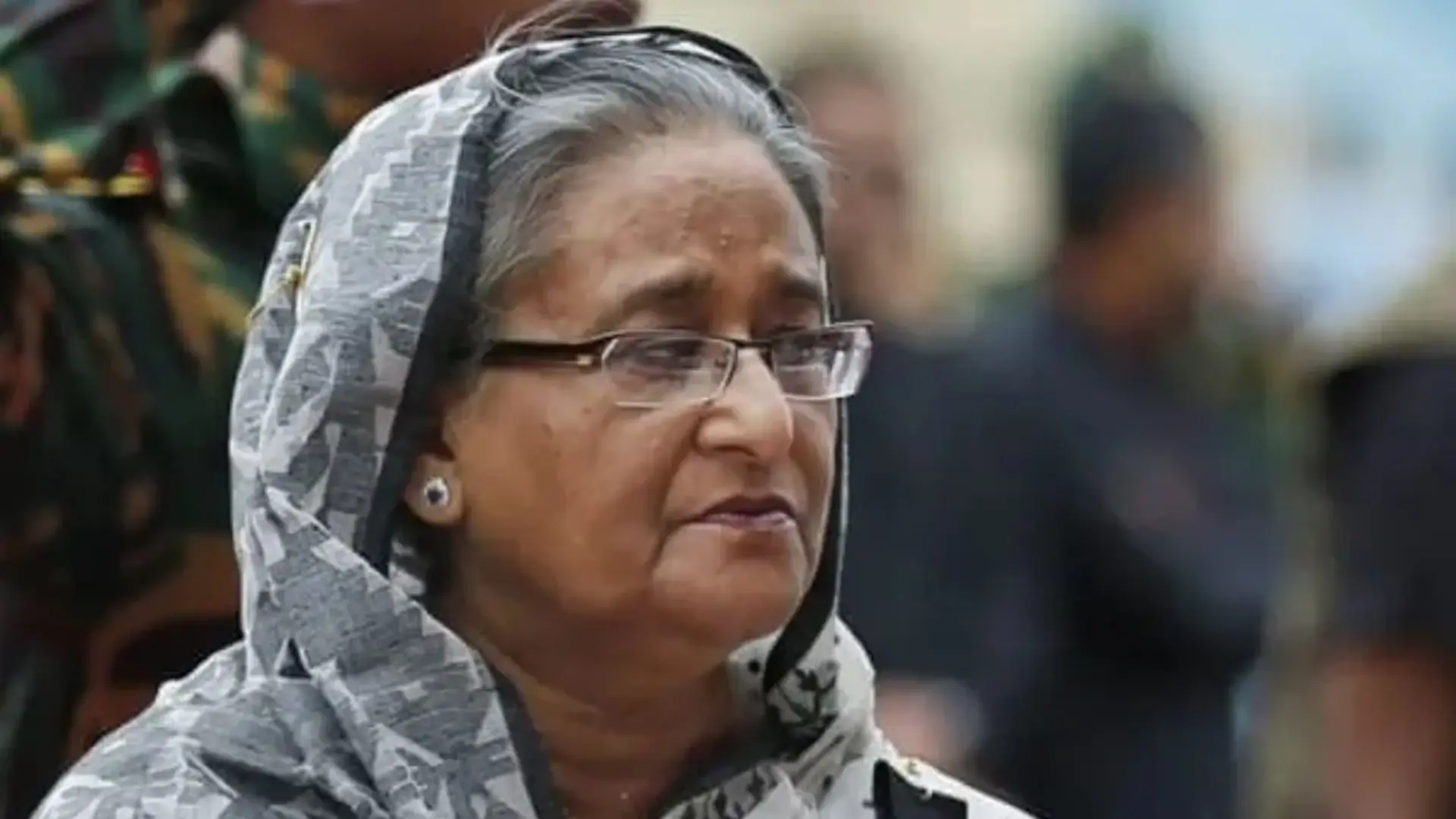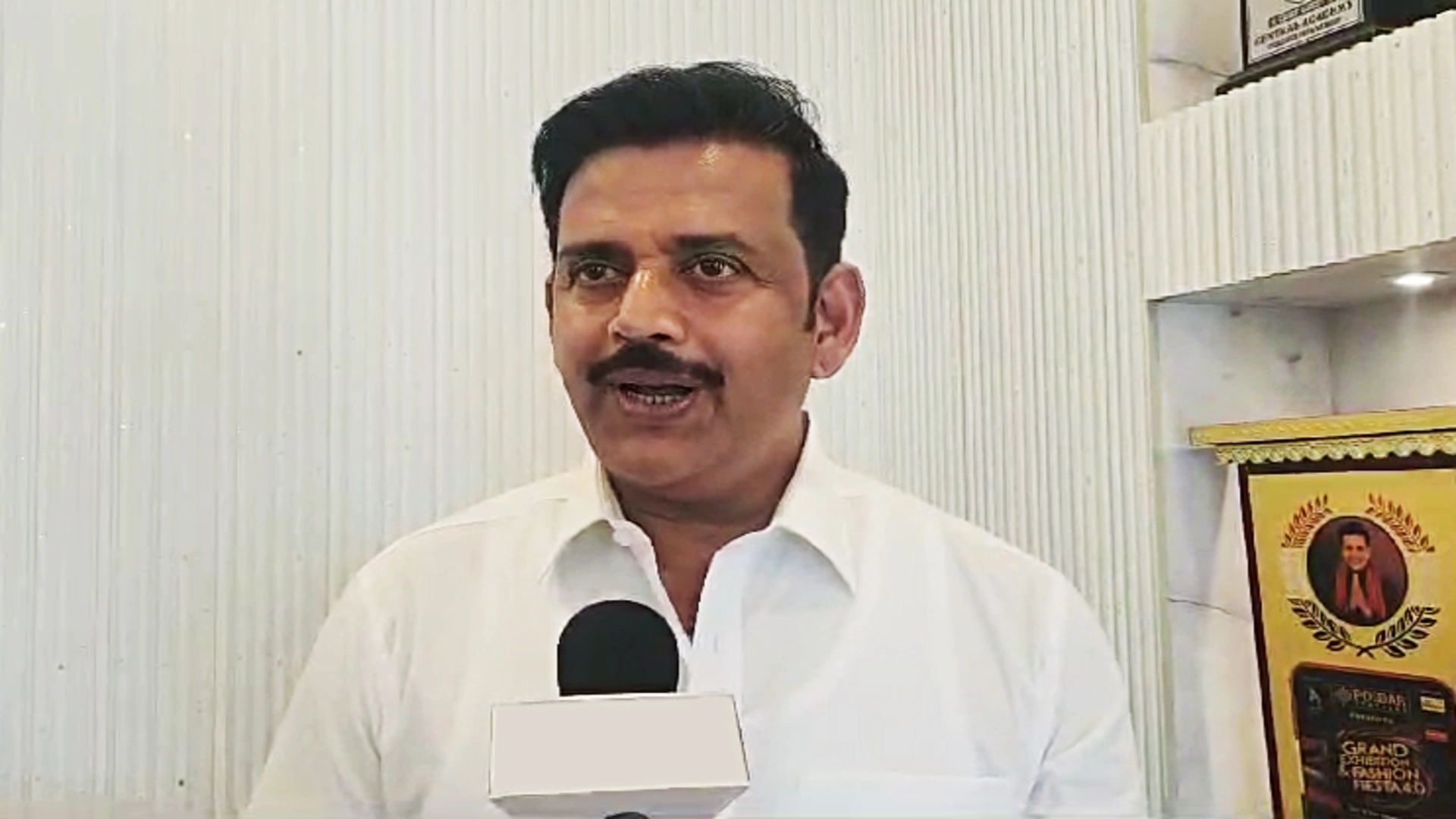“Metacinema, also meta-cinema, is a mode of filmmaking in which the film informs the audience that they are watching a work of fiction,” as per Wikipedia. In other words, it often references to its own production, thereby working against the narrative conventions that aim to create an immersive experience for the viewer. Now, some filmmakers go to great lengths to ensure that the viewer completely forgets that he/she
is watching a film. Take, for example, the case of Christopher Nolan who consciously changed the setting of a key scene in Batman Begins to an opera house instead of the cinema hall setting in the original text in order to ensure that the attention of the viewers is never drawn to the idea of watching a film in a cinema hall while watching the scene. Similarly, we also have filmmakers like Woody Allen who take the completely opposite
route and go meta every time they see the creative possibility. Vikramaditya Motwane, in his latest film, AK vs AK, which recently premiered on Netflix, too opts to take the meta route. Presented in a style that closely resembles a fly-on-the-wall documentary, AK vs AK follows a brash film director (Anurag Kashyap, as himself) who kidnaps the
daughter of a movie star (Anil Kapoor, as himself) with the aim of filming the star’s desperate search for his daughter in real-time as his next blockbuster.
Now, meta-films aren’t new to Hindi cinema. Over the years we have seen films like Guru Dutt’s Kaagaz Ke Phool (1959), Hrishikesh Mukherjee’s Guddi (1971), Vidhu Vinod Chopra’s Khamosh (1985), Sudhir Mishra’s Khoya Khoya Chand (2007), Zoya Akhtar’s Luck by Chance (2009), and Maneesh Sharma’s Fan (2016). But, apparently, what’s different about AK vs AK is how it adopts a fly-on-the-wall documentary style to tell a story that’s highly fictional in nature, despite featuring several characters which are based on real people from the Hindi film industry. But, it’s nothing we haven’t already seen in world cinema. Here one is first and foremost reminded of Jean-Luc Godard’s French New Wave classic Le Mépris (1963), wherein the legendary German film director Fritz Lang plays himself. But, perhaps, a more interesting example is Abbas Kiarostami’s documentary and fiction hybrid Close-Up (1990), the film tells the true story of a cinephile named Hossain Sabzian who while impersonating the Iranian filmmaker Mohsen Makhmalbaf conned a family into believing that they would cast in his next film. Kiarostami makes actual people play themselves, including Makhmalbaf and Sabzian.
Spike Jonze’s Adaptation (2002) is another film that cannot be overlooked while discussing the subject of meta-cinema. Written by none other than the meta-master Charlie Kaufman himself, Adaptation follows a screenwriter struggling to adapt a book. Interestingly, Kaufman’s own struggles while trying to adapt Susan Orlean’s book titled ‘The Orchid Thief’ became major influence behind writing the screenplay for Adaptation. Another very fine meta-film that comes to mind is E. Elias Merhige’s Shadow of the Vampire (2000). The film begins as a fictionalized documentary account of the making the legendary German filmmaker F. W. Murnau’s classic vampire film Nosferatu (1922), but, fascinatingly, it ends up becoming a spine-chilling vampire film in its own right. In his recent film Pain and Glory (2019), the Spanish master filmmaker Pedro Almodovar takes the autobiographical route by telling the poignant story of a filmmaker resembling himself. In the final scene of the movie, the camera zooms out to reveal the crew along with the shooting equipment. The Chilean-French filmmaker Alejandro Jodorowsky did something very similar in his 1973 Mexican surreal-fantasy film The Holy Mountain. And who can forget Billy Wilder’s film noir classic Sunset Blvd. (1950) which takes the idea of meta-cinema to nigh unattainable heights when it ends with its lead character Norma Desmond, a long-forgotten silent film Star, walking down the aisle and commanding the legendary American filmmaker Cecil B. DeMille (playing himself), while facing the cameras, “All right, Mr. DeMille, I am ready for my close-up.” Here, I would be remiss not to mention Mani Ratnam’s 1997 political drama Iruvar which is inspired by the friendship and rivalry of writer-turned-politician M. Karunanidhi and actor-turned-politician M. G. Ramachandran.
So now that we have discussed various examples of meta-cinema in Indian as well as world cinema, let’s try and closely analyse AK vs AK and try and figure out where it stands in comparison. Now, a major drawback of the film is that it takes so many things for granted. The viewers are supposed to already know that Anurag Kashyap is asthmatic and that his younger brother is also a film director. They are also expected to know that Anil Kapoor’s daughter Sonam is a fairly successful actor in Bollywood while his son Harshvardhan is a flop actor who is out of work. And that Anil’s elder brother is a film producer. Isn’t Netflix’s content meant to be watched internationally? Interestingly, some unsuspecting critics have praised AK vs AK for its boldness and innovation. But, frankly, it offers little novelty, whether one speaks of content or form. While we should certainly welcome storytelling experiments, it is equally important not to take such pretentious, self-indulgent films too seriously. Netflix India really needs to raise the bar before it greenlights the next project.













